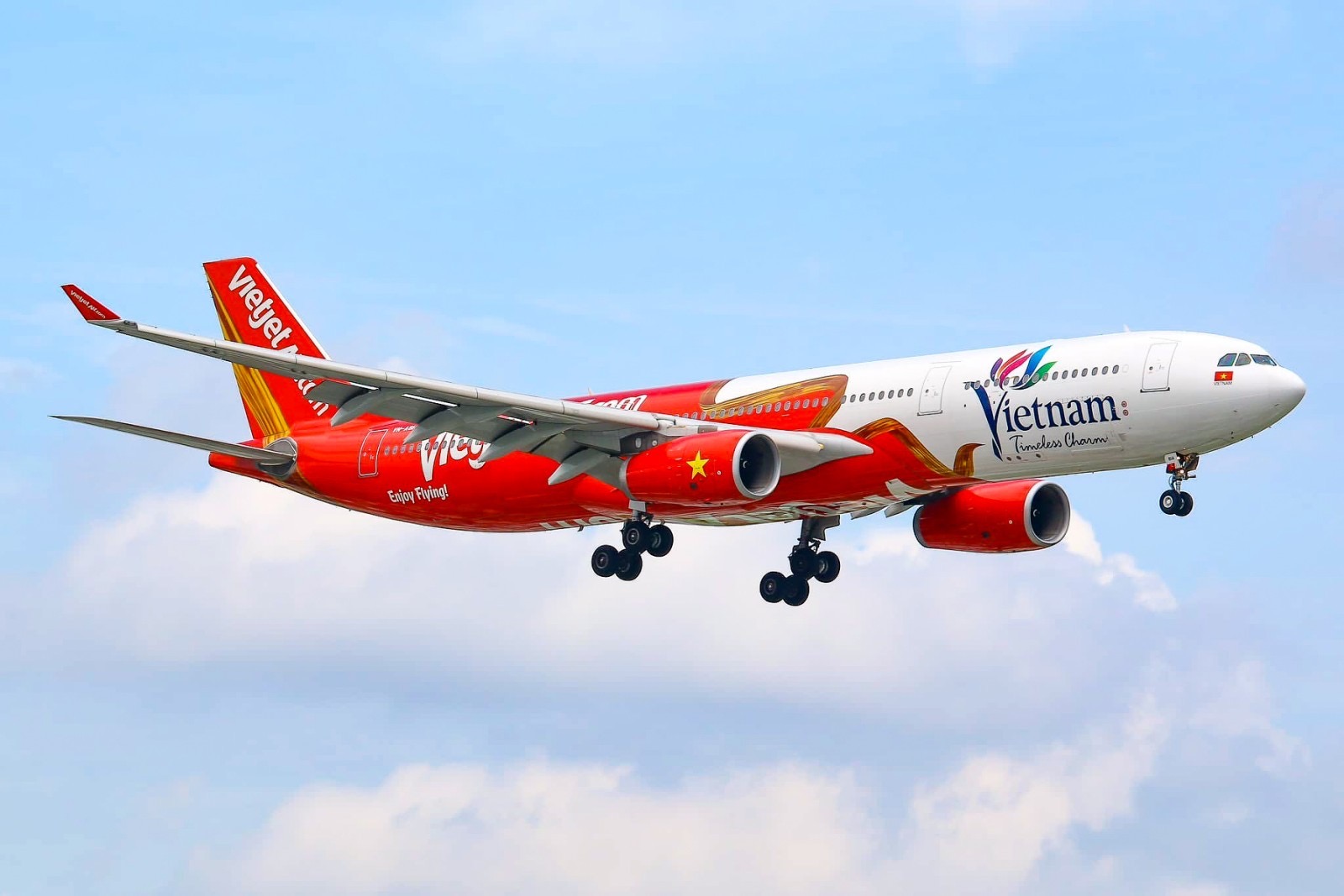
Ever wondered how airlines manage to stay afloat despite the ups and downs of the travel industry? Airline financial performance is a complex puzzle influenced by various factors. From fuel prices to passenger demand, airlines must navigate a tricky landscape to remain profitable. Understanding these financial dynamics can provide insights into why ticket prices fluctuate and how airlines strategize to maximize revenue. This blog post will delve into 16 intriguing facts about airline financial performance, shedding light on the challenges and triumphs that shape this industry. Buckle up as we take off into the world of airline economics!
Key Takeaways:
- Airlines manage their finances by considering fuel costs, ticket pricing, ancillary revenue, load factor, and fleet management. External factors like economic cycles, regulations, geopolitical events, and exchange rates also impact their financial performance.
- To maintain financial stability, airlines use strategies like hedging fuel costs, forming alliances, implementing cost-cutting measures, and revenue management. Technological advancements, such as automation, data analytics, and sustainable practices, also play a crucial role in enhancing airline financial performance.
Understanding Airline Financial Performance
Airlines are a crucial part of global transportation. Their financial performance can be influenced by many factors, from fuel prices to passenger demand. Here are some intriguing facts about how airlines manage their finances.
-
Fuel Costs: Fuel is one of the largest expenses for airlines, often accounting for 20-30% of total operating costs. Fluctuations in oil prices can significantly impact profitability.
-
Ticket Pricing: Airlines use complex algorithms to set ticket prices. These algorithms consider factors like demand, competition, and time until departure to maximize revenue.
-
Ancillary Revenue: Beyond ticket sales, airlines earn money through ancillary services such as baggage fees, seat selection, and in-flight purchases. This can make up a significant portion of their income.
-
Load Factor: The load factor measures how full flights are. A higher load factor means more efficient use of resources, leading to better financial performance.
-
Fleet Management: Airlines invest heavily in their fleets. Decisions about buying, leasing, or retiring aircraft can have long-term financial implications.
Impact of External Factors
External factors can greatly influence airline financial performance. From economic conditions to regulatory changes, these elements play a crucial role.
-
Economic Cycles: During economic downturns, travel demand decreases, impacting airline revenues. Conversely, economic booms can lead to increased travel and higher profits.
-
Regulations: Government regulations on safety, emissions, and labor can affect operating costs. Compliance with these regulations is essential but can be expensive.
-
Geopolitical Events: Events like wars, terrorism, and pandemics can disrupt travel patterns and affect airline profitability. Airlines must be prepared to adapt quickly to such changes.
-
Exchange Rates: Airlines operating internationally are affected by currency fluctuations. A strong home currency can reduce costs, while a weak currency can increase expenses.
Strategies for Financial Stability
Airlines adopt various strategies to maintain financial stability and ensure long-term success. These strategies help them navigate the volatile aviation industry.
-
Hedging Fuel Costs: To manage fuel price volatility, airlines often use hedging contracts. These contracts lock in fuel prices for a certain period, providing cost predictability.
-
Alliances and Partnerships: Forming alliances with other airlines can lead to cost savings and increased revenue through shared resources and coordinated schedules.
-
Cost-Cutting Measures: Airlines continuously seek ways to reduce costs, such as optimizing routes, improving fuel efficiency, and renegotiating supplier contracts.
-
Revenue Management: Effective revenue management involves analyzing data to forecast demand and adjust pricing strategies accordingly. This helps maximize income from each flight.
Technological Advancements
Technology plays a significant role in enhancing airline financial performance. Innovations in this area can lead to cost savings and improved efficiency.
-
Automation: Automating processes like check-in, baggage handling, and customer service reduces labor costs and improves efficiency.
-
Data Analytics: Airlines use data analytics to gain insights into customer behavior, optimize operations, and make informed financial decisions.
-
Sustainable Practices: Investing in sustainable practices, such as using biofuels and reducing emissions, can lead to long-term cost savings and improved public perception.
Final Thoughts on Airline Financial Performance
Airline financial performance is a mixed bag. Some airlines soar high with profits, while others struggle to stay afloat. Factors like fuel prices, labor costs, and global events play huge roles. Efficient management and strategic planning can make or break an airline. Low-cost carriers often outperform traditional airlines due to their lean operations. However, premium services still attract a loyal customer base willing to pay more. Mergers and alliances also impact financial health, offering economies of scale and expanded networks. Despite challenges, the industry shows resilience and adaptability. Keeping an eye on these factors helps understand why some airlines succeed while others falter. So next time you book a flight, remember there's a lot more going on behind the scenes than just getting you from point A to point B.
Frequently Asked Questions
Was this page helpful?
Our commitment to delivering trustworthy and engaging content is at the heart of what we do. Each fact on our site is contributed by real users like you, bringing a wealth of diverse insights and information. To ensure the highest standards of accuracy and reliability, our dedicated editors meticulously review each submission. This process guarantees that the facts we share are not only fascinating but also credible. Trust in our commitment to quality and authenticity as you explore and learn with us.


